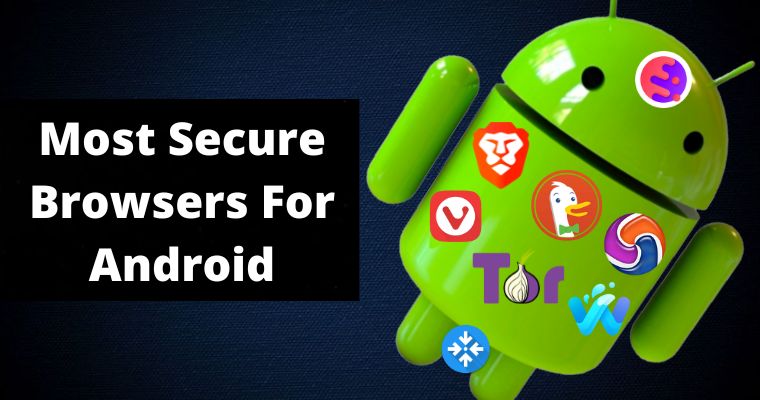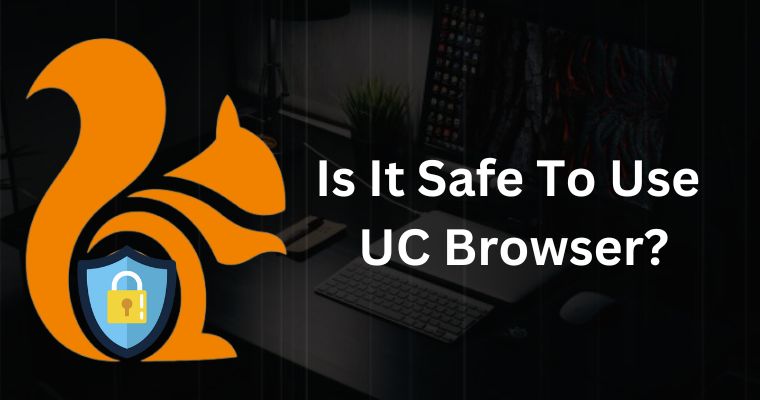Embrace the magic of Magento, which is among the widely cherished open-source eCommerce software.
However, this enchanting realm can attract the attention of dark forces like malware and hackers! When starting an online business, it becomes mandatory to strengthen the security of a webshop that ensures a safe payment environment and confidentiality of personal records.
A Magento 2 store also needs to be safe enough to make the customers share personal and financial details.
Being a standalone eCommerce platform, Magento is known as a safe and secure solution for building online stores. However, you still need to follow standard operating procedures to ensure foolproof security.
Table of Contents
15 Tips To Improve the Security of Magento 2
Following is a complete checklist of tips to improve Magento 2 security. Do it yourself if you are familiar with the platform or hire experts.
1. Stay Current, Stay Safe
Keep thy Magento updated, for the latest version brings crucial bug fixes and security patches to fend off lurking dangers.
As soon as the code gets older, people with malicious intentions find ways to break into your store, steal the data, sell it or use it for their illegal activities.
To ensure your store is equipped against such attacks, you must update Magento 2 as soon as a new version or patch is launched.
2. Fortify Directories and Files
Guard the sacred code within your Var and Media folders through robust file and folder permissions. This will thwart malicious scripts seeking Write & Execute access.
3. The Secret of Admin URL
Conceal your admin URL to outwit hackers attempting Brute Force attacks. Unchanged URLs are easily susceptible to their wiles. For example, if you are still signing up to your online store with the default admin URL that is http://mystore.com/magento/admin.
Anyone can guess and use it to break into your store. Customize the URL to make sure only you and the authorized store users can access the store and deter everyone from taking unfair advantage.
4. A Sanctuary of Approved IPs
Add another layer of security in terms of the people who have the right to access your store. Include IP addresses for recognizing authorized personnel. Achieve PCI compliance by granting admin panel access only to approved IP addresses.
Thus, the undesired are banished from their sacred realm. Users will only be granted access to your store if they are coming through the allowed IP address, else they will be redirected to the home page.
5. Two-Factor Enchantment
Invoke the magic of two-factor authentication. It ensures that only trusted souls can enter your Magento store’s backend. A randomly generated security code, delivered via a special app, safeguards against the cunning tricks of hackers.
The two-factor authorization has proved to be a nail in the coffin in terms of securing a webshop. Hackers who use different tricks to access your store’s data may be smart enough to guess the code, but it becomes difficult for them to retrieve the one-time code for authentication.
6. Secure Your Server Environment
Keeping your server’s operating system and software up to date is crucial to protect against known vulnerabilities. Regularly patching security vulnerabilities ensures that your server is equipped with the latest security fixes.
Additionally, choosing a reliable hosting provider with robust security measures enhances the overall security of your server environment.
7. Use HTTPS for Secure Data Transfer
HTTPS (Hypertext Transfer Protocol Secure) is a protocol that encrypts data transmitted between your website and users.
By enabling SSL (Secure Sockets Layer) certificates and utilizing HTTPS, sensitive information, such as login credentials and payment details, is encrypted, making it difficult for malicious actors to intercept or tamper with the data during transmission.
8. Employ Secure Payment Gateways
When handling online payments, it is essential to select reputable payment gateways that prioritize security. Avoid storing payment information on your server, as it minimizes the risk of data breaches.
Instead, use Payment Card Industry Data Security Standard (PCI DSS) compliant solutions, which are industry standards designed to protect cardholder data and ensure secure payment processing.
9. Implement Content Security Policy (CSP)
Content Security Policy (CSP) is a security feature that helps prevent cross-site scripting (XSS) attacks. It works by defining and enforcing the sources from which your website can load content, scripts, and other resources.
By specifying the allowed sources, you can reduce the risk of malicious scripts being executed on your website through XSS vulnerabilities.
10. Regular Data Backups
Frequently backing up your Magento 2 store’s data and files is essential for disaster recovery. In case of a security breach, data loss, or other issues, having recent backups ensures that you can restore your website to a safe state without losing critical information.
It is mandatory regardless of the Magento version or edition you use. The community edition needs more servers and backup management, however, enterprise editions are managed by Magento itself.
You must set up schedules to take backups regularly. It may be weekly or monthly according to the business nature.
11. Monitor Website Activity
Using monitoring tools helps track and analyze website activity, such as login attempts, file modifications, and suspicious behavior.
By monitoring these activities, you can identify potential threats or unauthorized access attempts promptly and take appropriate action to mitigate the risks.
12. Beware of Phishing Attempts
Phishing is a social engineering attack where attackers try to trick individuals into divulging sensitive information like usernames, passwords, or credit card details.
Educating your staff about phishing scams is crucial in preventing them from falling victim to such attacks. Encourage them to verify the authenticity of emails and links before clicking on them.
13. Disable Directory Listing
Disabling directory listing prevents unauthorized access to directories containing sensitive information on your server.
If directory listing is enabled, visitors can view the contents of directories, which may lead to exposing critical files and data.
14. Set Proper File Permissions
Configuring file permissions carefully is vital for limiting access to critical files and directories. By setting appropriate file permissions, you reduce the risk of unauthorized modifications to essential files, which could otherwise lead to security breaches.
15. Regular Security Audits
Conducting regular security audits is essential to assess your website’s vulnerabilities. Security audits often involve penetration testing and code reviews to identify potential weak points in your website’s infrastructure, codebase, or configurations.
Addressing these vulnerabilities helps strengthen your overall security posture.
Conclusion
Adhering to these comprehensive security practices not only protects your Magento 2 store and its valuable data but also demonstrates your commitment to maintaining a safe and trustworthy online environment for your customers.
By proactively investing in security measures, you strengthen your brand reputation and customer loyalty, making your online business a less attractive target for malicious actors seeking to exploit vulnerabilities.
Embracing a proactive security mindset is a crucial step toward building a resilient and secure e-commerce platform that inspires confidence and fosters sustained growth in the digital marketplace.




